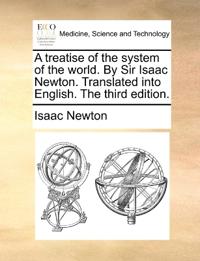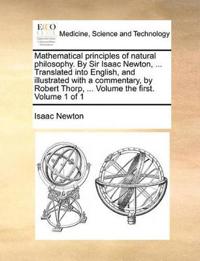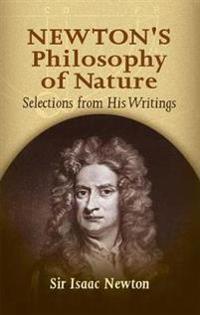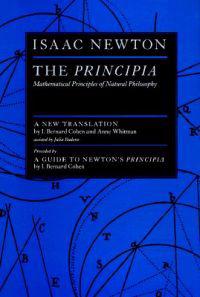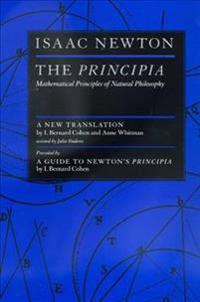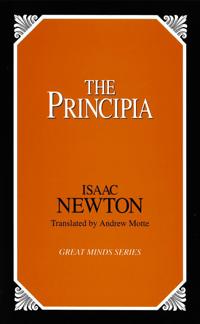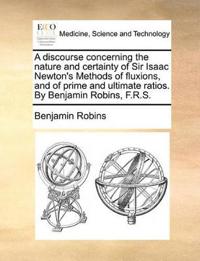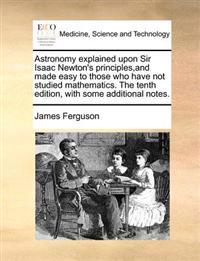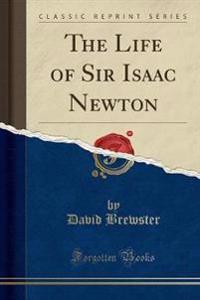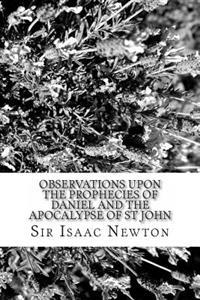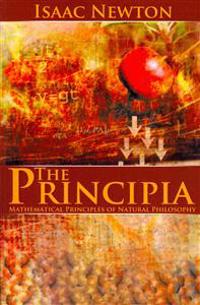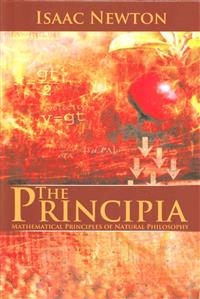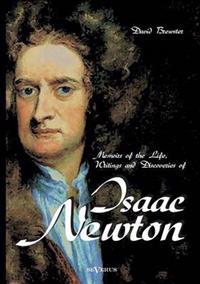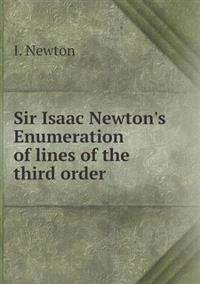A Treatise of the System of the World. by Sir Isaac Newton. Translated Into English. the Third Edition. (Häftad)
avSir Isaac Newton
ISBN: 9781140974956 - UTGIVEN: 2010-05A Treatise of the System of the World. by Sir Isaac Newton. Translated Into English. (Häftad)
avSir Isaac Newton
ISBN: 9781170421970 - UTGIVEN: 2010-05Four Letters from Sir Isaac Newton to Doctor Bentley. Containing Some Arguments in Proof of a Deity. (Häftad)
avSir Isaac Newton
ISBN: 9781170671115 - UTGIVEN: 2010-06Newton's Philosophy of Nature (Häftad)
avSir Isaac Newton
ISBN: 9780486445939 - UTGIVEN: 2005-09Aside from the "Principia and occasional appearances of the "Opticks, Newton' writings have remained largely inaccessible to students of philosophy, science, and literature as well as to other readers. This book provides a remedy with wide representation of the interests, problems, and diverse philo[...]
Opticks (Häftad)
avSir Isaac Newton
ISBN: 9780486602059 - UTGIVEN: 195206One of the most readable of all the great classics of physical science, "Opticks" presents a comprehensive survey of 18th-century knowledge of light. Newton describes his experiments with spectroscopy, colors, lenses, reflection, refraction, and more, in language lay readers can easily follow. Based[...]
The Principia (Inbunden)
avSir Isaac Newton
ISBN: 9780520088160 - UTGIVEN: 199910In his monumental 1687 work "Philosophiae Naturalis Principia Mathematica", known familiarly as "The Principia", Isaac Newton laid out in mathematical terms the principles of time, force, and motion that have guided the development of modern physical science. Even after more than three centuries and[...]
The Principia (Häftad)
avSir Isaac Newton
ISBN: 9780520088177 - UTGIVEN: 199910In his monumental 1687 work "Philosophiae Naturalis Principia Mathematica", known familiarly as the "Principia", Isaac Newton laid out in mathematical terms the principles of time, force, and motion that have guided the development of modern physical science. Even after more than three centuries and[...]
The Principia (Häftad)
avSir Isaac Newton
ISBN: 9780879759803 - UTGIVEN: 199506Translated into English by Andrew Motte in 1729, this book is a complete volume of Newton's mathematical principles relating to natural philosophy and his system of the world. Newton, one of the most brilliant scientists and thinkers of all time, presents his theories, formulas and thoughts. Include[...]
The 7 Churches of the Revelation: What the Hubble Will Never See Sir Isaac Newton's Plan of the World (Häftad)
avCharles S. Brown
ISBN: 9780958281379 - UTGIVEN: 2012-04Mathematical Elements of Natural Philosophy, Confirm'd by Experiments; Or, an Introduction to Sir Isaac Newton's Philosophy. Vol. II. Written in Latin, by William-James 'Sgravesande the Second Edition, Corrected. Volume 2 of 2 (Häftad)
avWillem Jacob 's Gravesande
ISBN: 9781170987223 - UTGIVEN: 2010-06Dark Matter: The Private Life of Sir Isaac Newton: A Novel (Häftad)
avP. E. Kerr, Philip Kerr
ISBN: 9781400049493 - UTGIVEN: 2003-10Observations Upon the Prophecies of Daniel and the Apocalypse of St John (Häftad)
avSir Isaac Newton
ISBN: 9781482004182 - UTGIVEN: 2013-01Memoirs of the Life, Writings and Discoveries of Sir Isaac Newton (Häftad)
avDavid Brewster
ISBN: 9783863473471 - UTGIVEN: 2013-02Sir Isaac Newton's Enumeration of Lines of the Third Order (Häftad)
ISBN: 9785518874107 - UTGIVEN: 2013-02

